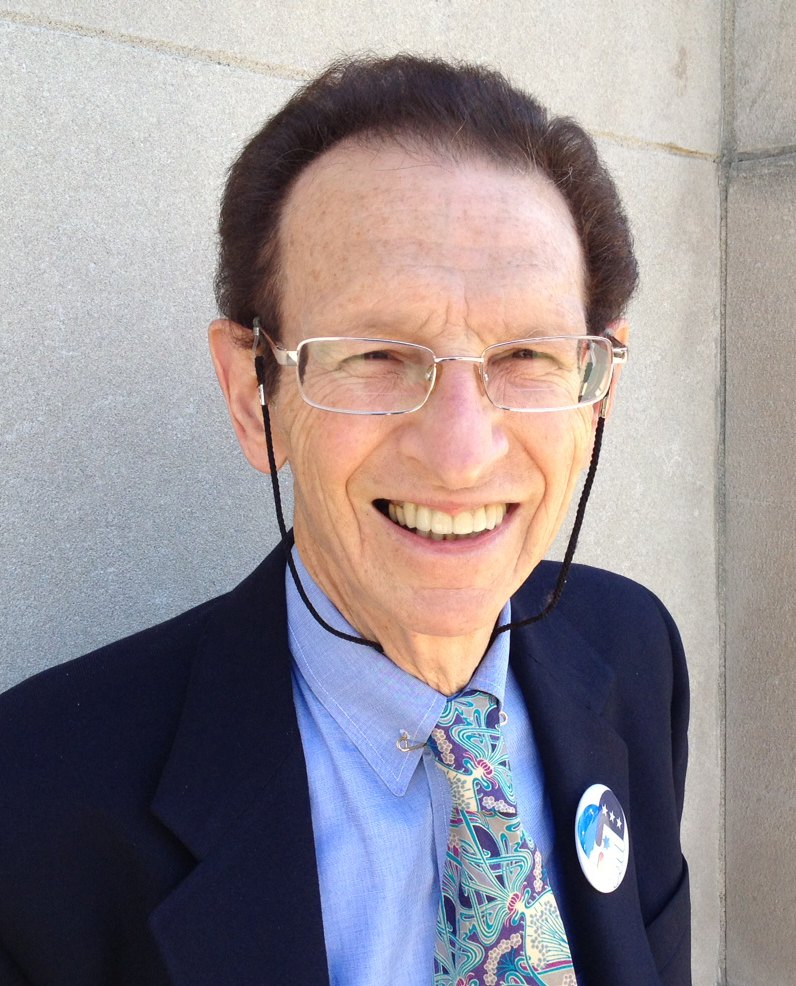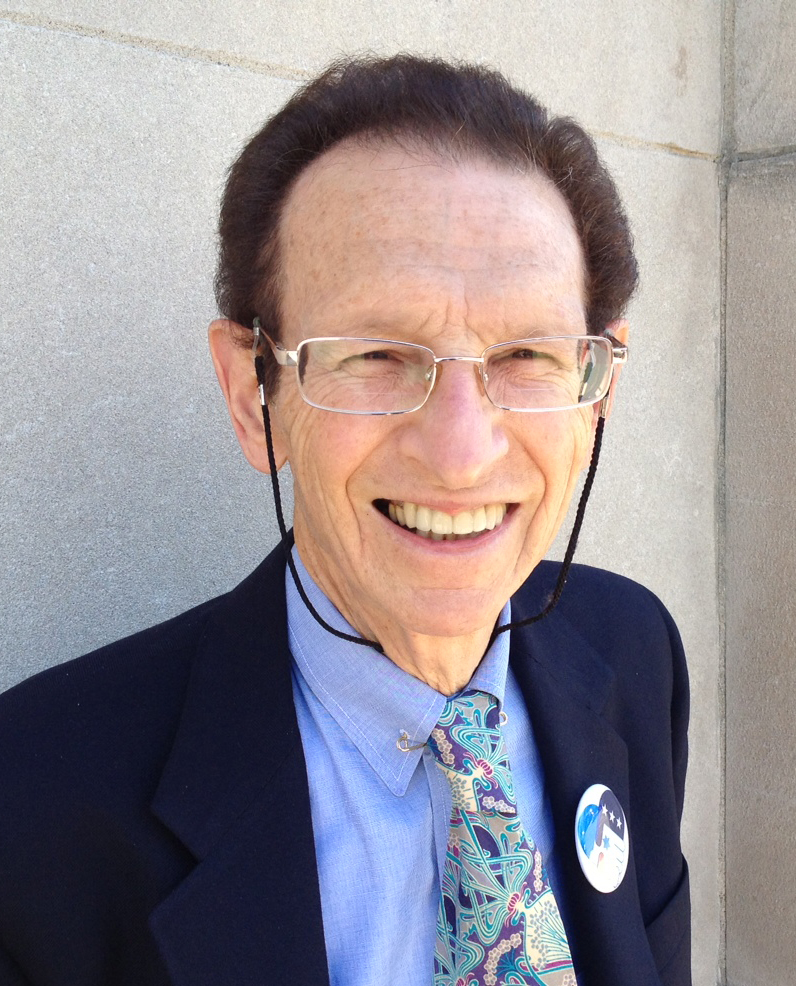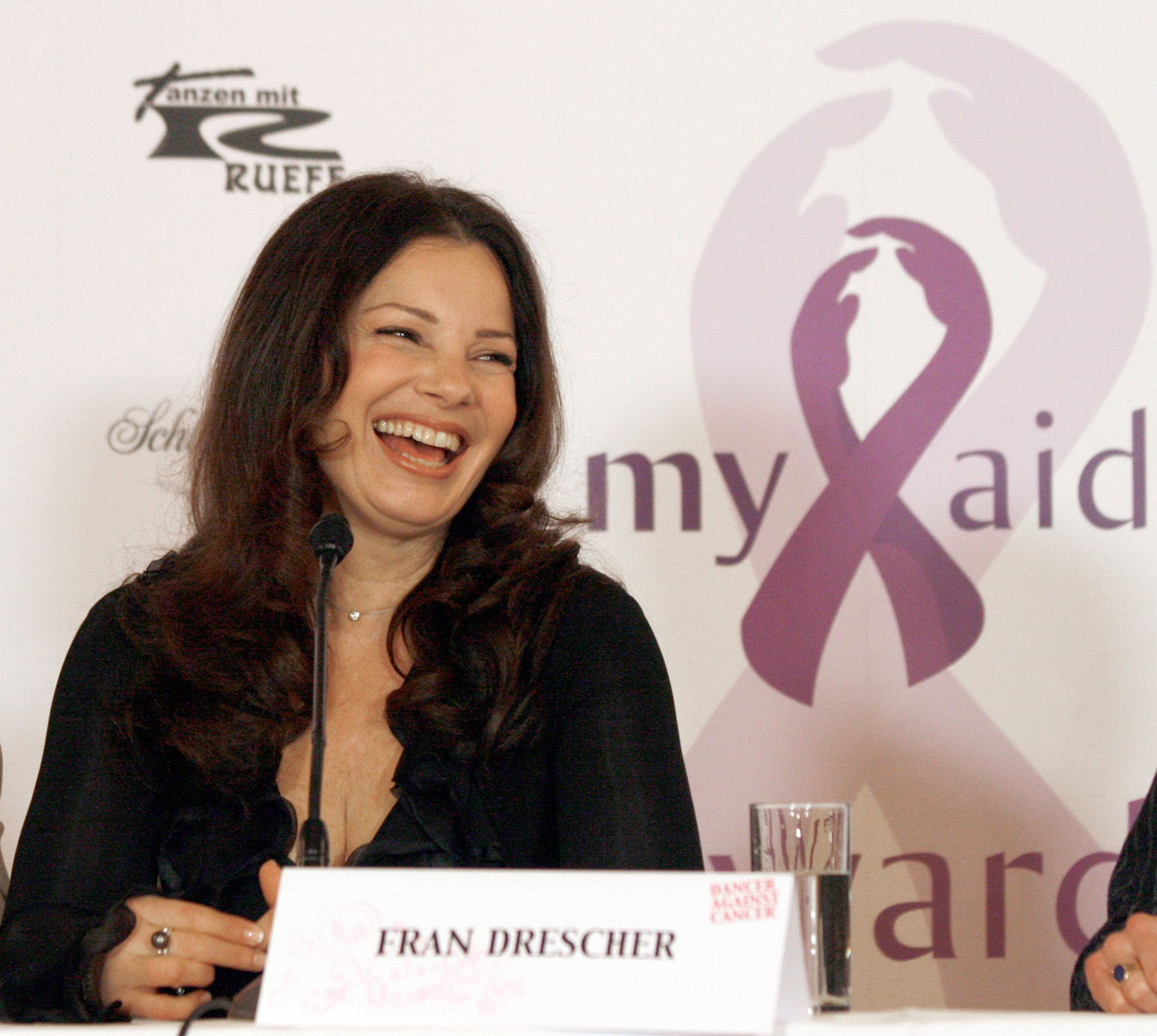It had the makings of a perfect storm.
In 2008, I joined Congregation Rodeph Shalom in Philadelphia.
That same summer, at a synagogue get-together of BoomeRS – members who gather for social, spiritual, and educational opportunities at Rodeph Shalom and beyond – many in the group realized they all had children who were about to leave for college.
The BoomeRS came up with the idea that Rodeph Shalom ought to offer a discussion series about becoming empty nesters. Although I was a brand new member of the synagogue, the director of community engagement asked me – knowing about my training as a psychologist and my experience working with families – if I would lead a discussion series on “Becoming Empty Nesters.” I loved the idea and before long, we were off and running.
That fall, we scheduled four sessions of the new series, and I created a syllabus to guide the discussions. More than 20 men and women, most of whom did not previously know each other, attended our first session. Throughout the series, we addressed such topics as separation and individuation, effective communication, resilience, and understanding emotions – both our own and others’. Over time, our meetings provided a forum in which members could tell their own stories, not only sharing thoughts, feelings, and experiences related to having a newly empty nest, but also creating unique bonds and connections with each other.
As we approached the end of the series, we heard positive feedback from our participants: Everyone wanted more. We added a fifth session and invited recent graduates and young adults to tell us about their challenges and ways parents could be helpful. As with the earlier meetings, it was the personal stories that connected participants to each other, and ultimately, we agreed to meet monthly for the rest of the year.
We have been meeting ever since.
In 2011, we changed the group’s name to “BoomeRS in Transition,” which more accurately reflected the issues that concerned us. We also conceded that we were part of an inescapable trend: Despite efforts to include everyone from the congregation who wished to join us, we seemed to attract only women. Although we never intended an all-female membership, ultimately, we accepted that we were, in fact, a group of boomer women.
Today, we meet approximately every six weeks from September through May, with one summer gathering at a member’s pool club or shore home. Our membership includes a handful of women who were participants in the original “Becoming Empty Nesters” discussion group, and they are the foundation of our group, but we continue to grow and evolve in myriad ways. Numerous members of our group have taken on leadership roles within the congregation, and we have generated at least one spin-off group, which meets specifically to discuss issues around dealing with aging parents.
In our group, though, the meetings are, as they have always been, a place for people to be heard, to tell their own stories, and to create unique bonds and connections. We have new members who come, meet others, and develop relationships that form the foundation of their membership at Rodeph Shalom. More seasoned synagogue members come to see old friends, and to let us know what is going on in their lives. Although every session is different, we always take time to report on how we’re doing, and no one – whether a first-time attendee or a longtime member – ever leaves feeling alone.
Although initially we set out to create a group for empty nesters, it evolved into a place where both new and seasoned members can make and maintain real and profound connections that allow us to be our truest and best selves. As our group continues to grow and change, we are confident that the wisdom we have gleaned from our past experiences will guide us in creating new opportunities to engage, both with each other and within the larger Rodeph Shalom community.
Fran Martin is a psychologist who has facilitated the Boomers in Transition group at Congregation Rodeph Shalom in Philadelphia, PA, since 2008. She also is a co-chair of community engagement at the congregation.




